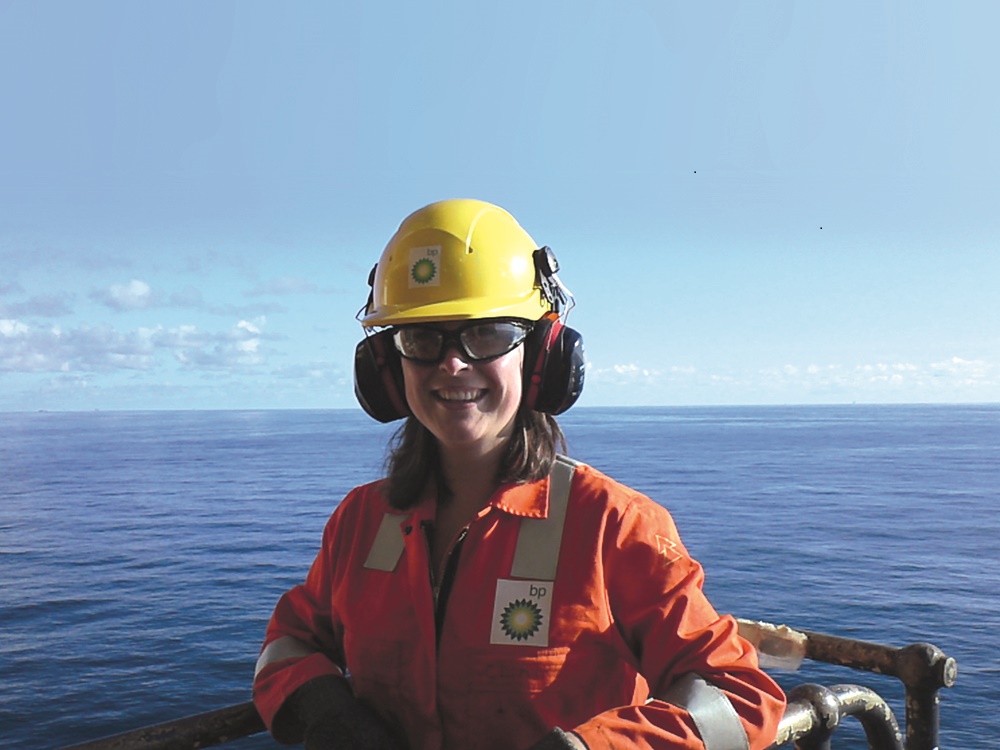Claire Madden is a process engineer, working within BP’s central global projects organisation (GPO) engineering team for the alarm management task force. She describes her career journey so far.
How I got into engineering
I went to a state school for girls, completing A-Levels in chemistry, physics, maths and further maths and going on to study chemical engineering at Imperial College, London. I loved my degree.
Chemical engineering is a broad subject area which can open up many career paths. People in my class went on to jobs in the banking, manufacturing and oil and gas sectors. You are required to develop quite a varied skill set. There is scientific theory to learn, but a lot of the focus is on problem-solving and report-writing skills which are transferable to other careers.
Chemical engineering is a broad subject area which can open up many career paths”
What I do now
My role is targeted at managing vulnerabilities for GPO’s 2017 start-ups and beyond; particularly addressing alarm management performance which has been a significant vulnerability on some of our previous start-ups in GPO.
Throughout my time at BP, I have experienced a range of activities from different areas of the business from design and project management, to understanding the issues that arise on operating assets.
My career highlight so far
My secondment to the London Olympics in 2012, where I was a transport workforce team leader. I was based in the ‘transport hub’ in Russell Square. We had to transport the different media crews that were covering the games to the venues, working with a team of volunteers.
My biggest challenge
Working on the Shah Deniz 2 project, which involves challenges that come with deep water and high pressures. The project had to develop an isolation strategy to enable interventions on certain pieces of subsea equipment that may fail.
Companies are looking for people who are intellectual but who can also communicate and think logically about scenarios”
My advice to anyone considering a career in engineering
Companies are looking for people who are intellectual but who can also communicate and think logically about scenarios.
Doing an internship gives you the additional credibility of some ‘real’ experience and can give your application form more diversity than others’.
Developing presentation skills is also important, to communicate ideas, and generally comes up as a task in the assessment centre.
















